Accountability isn’t about surveillance; it’s about clarity, trust, and enabling teams to take ownership. Micromanagement kills creativity, slows teams down, and lowers morale. The trick is adopting tools and features that help foster responsibility, visibility, and alignment, without breathing down every team member’s neck.
Here are four must-have features, many of which are built into AppsCo, that increase team accountability, while giving managers the space to lead with purpose, not pressure.
1. Clear Task / Checklist Management with Owners and Deadlines
Making sure every task is assigned and every deadline is known is foundational. When people know who owns what and by when, friction goes down and everyone has a shared understanding of expectations.
What to look for:
-
Ability to assign tasks to specific team members.
-
Setting start & due dates, with reminders.
-
Nested tasks or checklists (tasks inside tasks) so that complex jobs are broken down.
-
Recurring tasks for processes you do often.
How AppsCo helps:
AppsCo’s People Tasks Manager offers several of these: recurring tasks & custom checklists, task ownership, and the ability to control and invoice tasks. This clarity means everyone knows what’s expected from them, without needing constant check-ins.
2. Transparent Workflows & Visibility (Dashboards, Reports, Logs)
It’s challenging to be accountable if you and your team lack visibility into what’s happening. When you can see progress, bottlenecks, and who’s doing what, it becomes much easier to spot where help is needed, before problems escalate.
What helps:
-
Dashboards that show current tasks, upcoming deadlines, and progress.
-
Reports that summarize task completion, overdue items, and utilization.
-
Audit or activity logs so you can trace changes, see when tasks were updated, who made changes, etc.
How AppsCo helps:
AppsCo includes dashboards & service desk features, audit & report logs, and time-off/absence/workflows so managers can see what’s happening across the whole team. This level of transparency reduces surprises and helps keep people accountable by default.
3. Onboarding, Policies & Handbooks – Consistent Norms
Accountability isn’t just about tasks; it’s also about culture. Clear, accessible policies, handbooks, and consistent onboarding set expectations for behavior, processes, responses, and values. When everyone knows the rules or standards, it’s easier to hold to them fairly.
Important features:
-
Digital handbooks & publications accessible via mobile & web.
-
Versioned policy management (so changes are tracked).
-
Onboarding/offboarding flows that include an introduction to company norms, tools, and responsibilities.
How AppsCo helps:
With the People Handbooks feature, AppsCo gives organizations a way to have personnel, HSE and leader handbooks, etc., that all team members can access. Also, onboarding/offboarding & policies management are part of the core HR features. All of this helps ensure consistent expectations.
4. Access & Permissions Control + Integrated App Management
If someone doesn’t have the right tools or access, they can’t deliver. But too much lax access can cause security risks or confusion. The right balance gives people what they need, when they need it, with minimal friction.
What features support this:
-
Single Sign-On (SSO), password management, and unified access controls.
-
Role-based permissions: what different roles can see, edit, and approve.
-
User/app provisioning and deprovisioning when people join, shift roles, or leave.
-
Integration with other tools (ERP, payroll, project management) so data isn’t siloed.
How AppsCo helps:
AppsCo includes strong Apps & Access Management with features like SSO, password manager, user & app provisioning, 2FA & device control. It also has standard integrations with ERP & payroll tools, so you’re not juggling multiple disconnected systems.
Putting It All Together: Keeping Accountability Healthy
Here are some practical tips for using these features in a way that builds trust, not tension:
-
Set expectations explicitly early (via handbooks / onboarding).
-
Use dashboards and reports regularly in team meetings, but avoid shaming, focus on what can be improved.
-
Let people self-manage where possible, let them pick how they use checklists, and collaborate on tasks.
-
Use access & permission wisely so people have the tools to fulfill obligations but aren’t overwhelmed with administrative overhead.
-
Review periodically: what processes are working? Are there recurring missed tasks because access or onboarding was inconsistent?
Accountability doesn’t come from being overbearing; it comes from giving every team member clarity, control, and the right tools to succeed. When you combine good task management, transparent workflows, consistent norms, and smart access control, you create an environment where people step up by choice.
If you’re looking for a platform that puts all this in one place, without micromanaging, AppsCo might be exactly what your team needs. Want to see a demo or walk through how some of these features might work specifically for your team? Happy to help set that up.





